As with any tool, there are some drawbacks. For example, a paper from school translated as: “Under the guidance of the Board of Education, we will strive to spread the infection. For more information, prints will be distributed on the 18th for all children.” We do not consider the Board of Education an evil group of villains, so “to prevent the spread of infection” seemed more likely.
In a text message, one person asked Andrew, “What do you think of Andrew?” Which is quite the reflective question, but rereading the Japanese, we realized it should say, “Andrew, what do you think?”
In the end, we appreciate Google translate as a tool God has provided to help us serve here in Japan. Without it, other translation tools, such as this example from Facebook’s translator, might make life a little more difficult: “In the year of the year of the year of the year of the year of the year of the year of the year of the year of the year of the year of the year of the year of the year of the year of the On May th, the English service meeting has been cancelled because the general service was held in online service without collecting at the church during the declaration of emergency.”

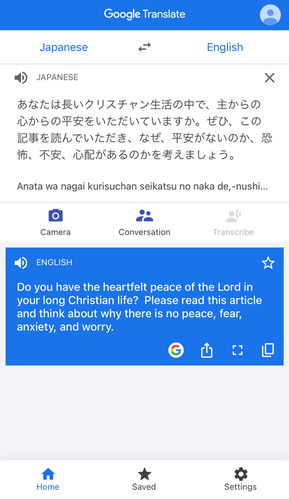
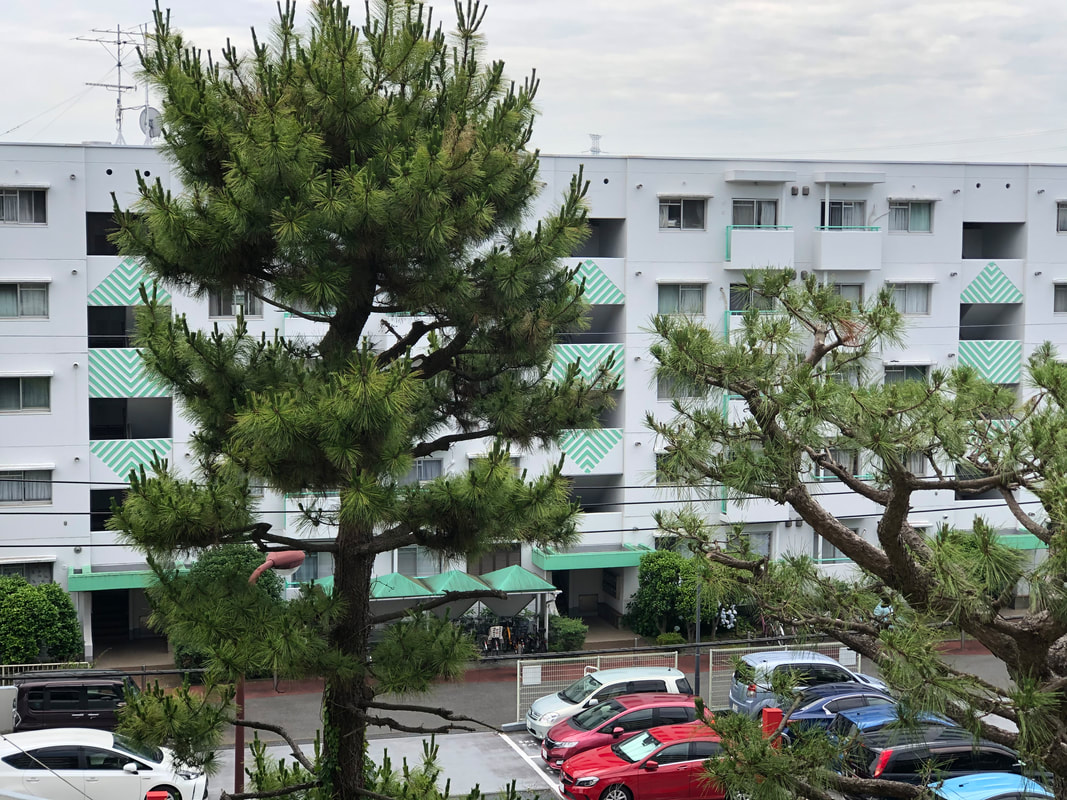
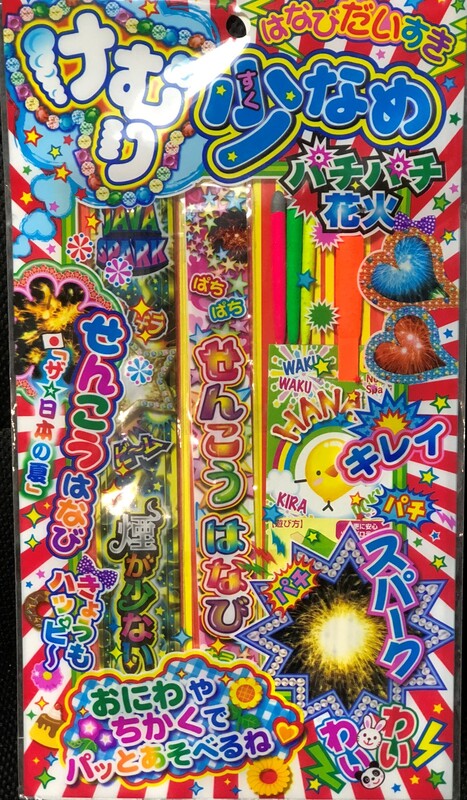
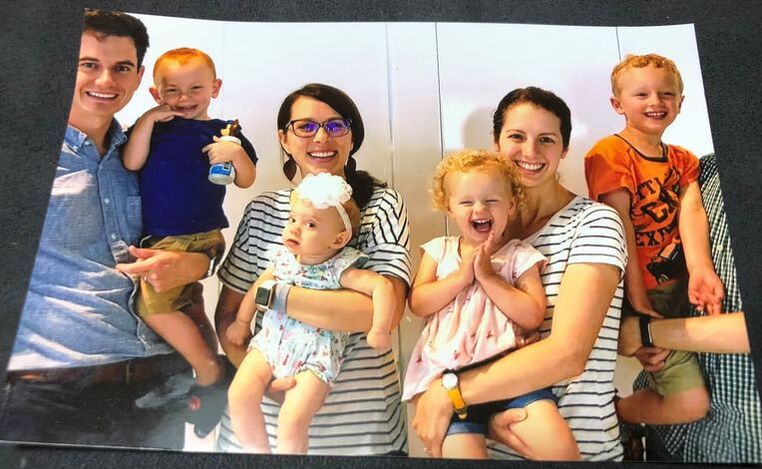
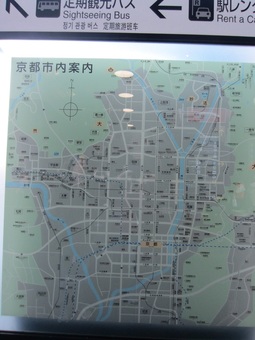
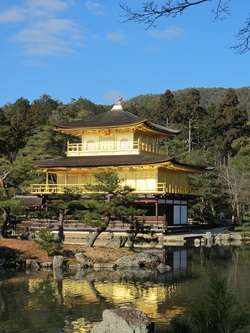
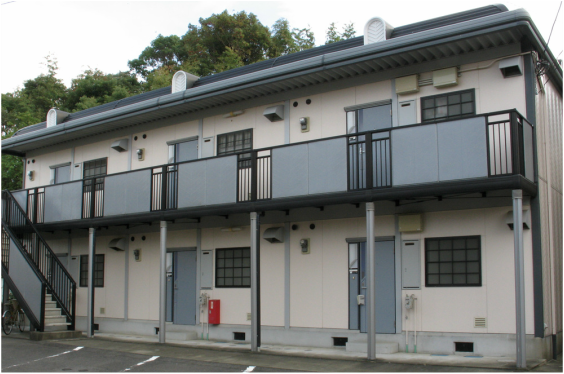

 RSS Feed
RSS Feed
